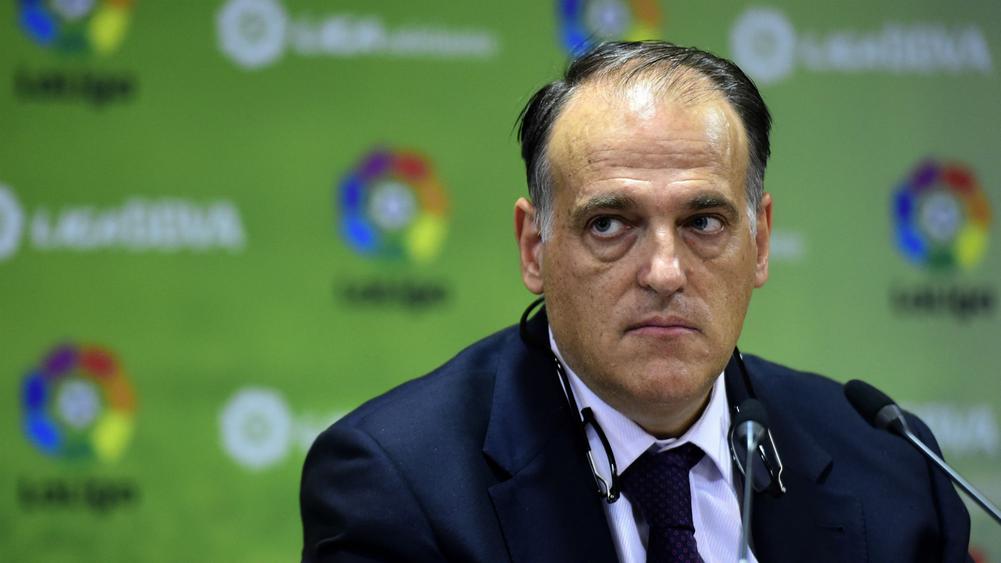
UEFA’s proposal for the future of its Club Competitions threatens the future of European football, according to LaLiga and other European leagues.
A broader dialogue is needed between all parties to avoid creating an unfairly tiered system that harms the foundation of European football: smaller clubs and leagues.
Early this month, UEFA approved the new so-called UEL2, a new European competition beginning in 2021 that would consist of 32 clubs primarily from lower-ranked leagues.
This new competition would take the total number of clubs playing continental tournaments from 80 to 96. This proposal has a major impact on the future of football in Europe. As such, it should be discussed more broadly.
Critical issues concerning the long-term health of clubs, scheduling, broadcasting rights, competitive balance within domestic leagues, or the relationship between domestic leagues and European competitions have so far been ignored.
“While the European Leagues have accepted the introduction of a third club competition, UEFA cannot make these decisions in isolation from the leagues that they affect,” said Javier Tebas, president of LaLiga.
“Europa League 2 will place greater demands on smaller clubs, who are the basis of healthy competition and the growth of European football, and risks creating a further divide within leagues of those who have lucrative European football and those who
LaLiga calls for further consultation with leagues, UEFA and other stakeholders to ensure that all concerns are heard before the UEL2 and the overall model for UEFA Club Competitions (UCC) can go ahead.
European Leagues, the Association of European Professional Football Leagues, has presented a complete proposal for UCC including detailed inputs to improve access list and revenue distribution of the Champions League (UCL), Europa League UEL and the new Europa League 2 (UEL2).
Within this context, the leagues outlined the need for a new and more inclusive access list and a new revenue distribution model where solidarity is properly recognised to restore and support competitive balance in domestic competitions.
European Leagues proposes an increase in solidarity payments from 7% to 20%, for clubs not participating in European competitions, smaller leagues and federations.
This would considerably increase the long-term sustainability of the model and reduce the impact on clubs who are not participating.
Despite the refusal from UEFA to change the access list for UCL, the European Leagues proposal also includes a more open and inclusive access list and clear guidelines on scheduling, with priority given to domestic competitions.
As the first phase of any European competition, domestic leagues must come first and the existence of new competitions, without proper planning, could affect their very existence.
More importantly, considering the upcoming decision on the revenue model, the European Leagues proposal includes a significant readjustment of revenues distributed between competitions, preventing the over-allocation of funds towards Champions League participants and eliminating the historical coefficient model that unfairly prioritizes past achievements over current sporting results.
“It’s imperative to review the way revenue is distributed in the whole UCC model, including of course the financial distribution of Champions League,” Tebas stated.
“Through further dialogue, a more inclusive and democratic model of European competition can be created, that respects the economic stability and the competitive equilibrium of the national leagues. This is one of the greatest challenges faced today across our continent and if it is not tackled decisively, it could have disastrous consequences in the long term.”










